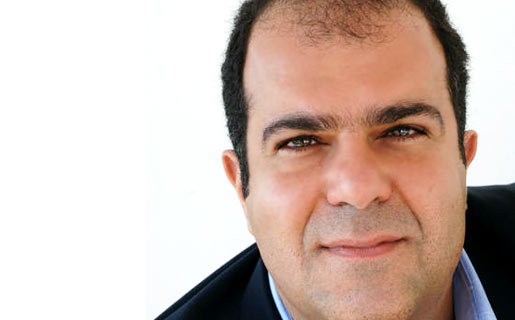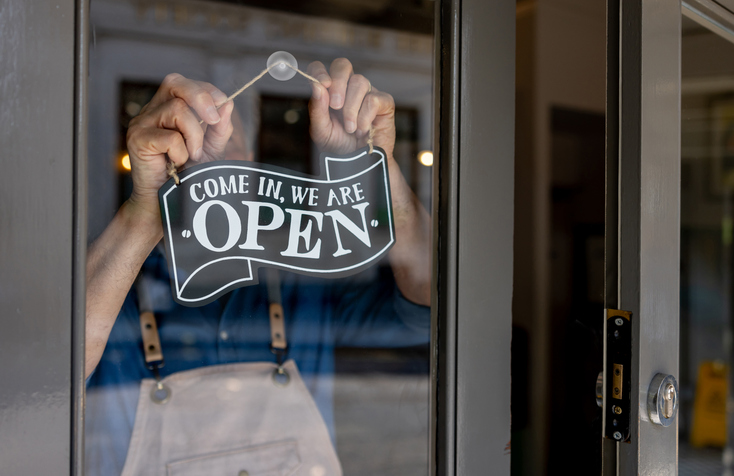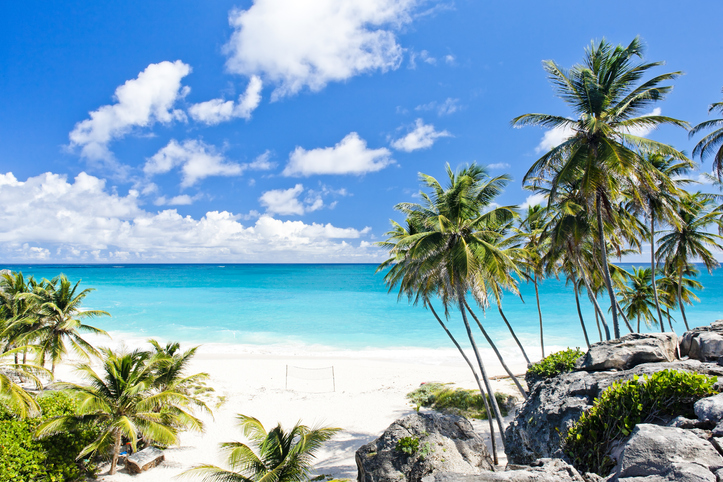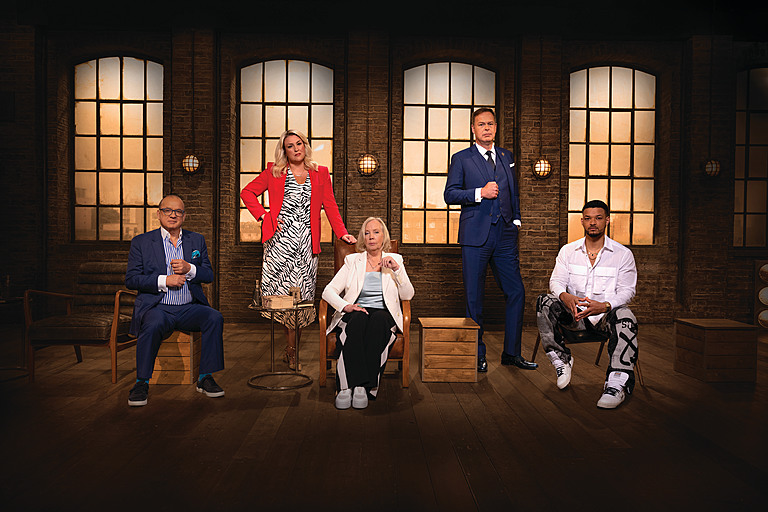‘People are grateful when you make a difference in their lives. That is the essence of any successful business’
Stelios Haji-Ioannou, who became the face of easyJet, turned the old model of airline ticketing on its head – by booking early, you could snag the cheapest seats. The longer you waited, the higher seat prices became. By offering customers cheap getaways to European destinations, he created the budget no-frills airline in Europe.
Cyprus-born Stelios Haji-Ioannou, or Stelios as everybody calls him, launched easyJet in 1995 with a £5m loan from his shipping magnate father when he was 28 years old. He leased a single jet flying from Luton Airport to Glasgow. He’d noticed the success of the no-frills airline model of Southwest Airlines in the USA and wondered if it could be replicated here.
Haji-Ioannou said: “We only had one aircraft, the second plane came two weeks later … If it had not gone well there wouldn’t have been another. We flew up to Glasgow and back and the rest is history.”
He floated easyJet on the stock market in 2000 but stepped down as chairman two years later.
>See also: The aviation industry: What’s flying and what’s grounded?
Since then, he has been involved in a prolonged dogfight with easyJet’s directors. Stelios Haji-Ioannou disagreed with easyJet’s board over a £4.5bn Airbus aircraft order, which prompted an failed attempt by Stelios to unseat four board members. He has publicly referred to the airline’s board as “scoundrels” and earlier this year said he would not prop up easyJet with more of his money. Haji-Ioannou and his family have continued to offload shares in easyJet, reducing their holding to just 15.2 per cent.
Despite his unhappiness with the easyJet directors, Haji-Ioannou artfully retained the rights to the Easy brand and continues to receive 0.25 per cent of each easyJet ticket sold.
Since then, Haji-Ioannou has rolled out his Easy brand, most noticeably with his easyHotels, easyGym and easyCar ventures. According to the Sunday Times Rich List, Stelios is personally worth £2.2bn




